How Neoliberals Should Respond To Progressives
A 1795 view of political debates that could pass for today!
Wikimedia Commons / Issac Cruikshank (1756-1811)
This essay is a cri de coeur from yours truly about what I see as progressives’ unyielding idiocy about the nature of the world. I do appreciate that progressives would generally respond in similar fashion to people of my ilk, and that since the election of Donald Trump they have been giving ever greater vent to their own frustrations. Indeed, those of us who are neoliberals have been dumbfounded with amazement by progressives’ evident loss of sanity resulting from Trump’s election.
[Note to those who find the reference to neoliberals, a term not usually used in the United States, strange: Most Americans who are called “conservative” are really neoliberal. A neoliberal is a classical liberal with an additional belief in the desirability of capitalist free-markets. The term conservative is not really appropriate because people on both sides of the great American ideological divide have some aspects of society they would like to conserve, and some they would like to change. Their lists of what to conserve and what to change are just different. Also, the term liberal, as used many times to describe most of those in the Democratic Party, is also a misnomer. So-called American “liberals” have long since left behind their beliefs in limited government, and are far better described as progressives.]
What this buildup of emotion and frustration on all sides points out is we must be very careful on how we approach our ideological opponents about our differences. I am not the only pundit who has worried about the possibility of a second American civil war. In this essay I would like to look at some possibilities, particularly from the neoliberal point of view.
The Great American Ideological Non-Conversation
From a neoliberal vantage, their frustration originates from a sense of how much evidence, indeed overwhelming evidence, there is opposing the dirigiste mind-set. Dirigisme is a belief in an economic system where the state exerts a strong directive influence on how the economy operates, and in directing where economic assets should be allocated. The term dirigisme apparently first arose in post World War II France, particularly under the regimes of Charles de Gaulle and Georges Pompidou. However, looking back in history, we see it exemplified in any number of political and intellectual leaders, some with democratic sympathies but most decidedly authoritarian. Some of the more prominent dirigistes of the past include Louis XIV of France (in fact, any of the European mercantilist leaders in the 15th to 18th centuries), Karl Marx, Vladimir Lenin, Josef Stalin, Mao Zedong, Benito Mussolini, and Adolf Hitler. To these names one must add those of the current American progressive elites, as no one can deny their great desire to regulate and manage the economy and society in general through government.
Any neoliberal would think that by now any dirigiste ideology, including those of American progressives, would have been literally crushed by the mountain of historical evidence that has fallen upon it. Almost by definition, the more dirigiste a society becomes, the more socialist their economy. Yet, historical evidence on communist countries and developing economies demonstrates that socialism destroys economies. It also shows that developing economies, such as those of India and Mexico, that had initial romances with socialism did not really begin to grow until they transitioned to a more capitalist economy. Additional evidence has been provided by the economic stagnation of Western Europe and the United States (see also the post Why Isn’t the US Economy Booming?) over the past several decades as their governments encroached ever more on their economies.Over many decades of time, the West as a whole has been gradually accreting dirigiste policies leading to long-term economic stagnation, as related in the post The Long-Term Economic Stagnation the World Faces.
The bulk of the historical evidence, including data from the Federal Reserve Economic Database (FRED) and from the World Bank, tells us a country’s GDP per capita, as well as indices of wellbeing such as the UN’s Human Development Index and the GINI index, are considerably better in countries with greater economic freedom than in more dirigiste countries.
Upon this mountain of evidence, neoliberals have constructed an explanatory model of the world that is largely contradictory and antagonistic to the progressive model. The neoliberal ideology that explains all this starts from a recognition that systems of interacting human beings — most particularly the economy — are chaotic systems. Their behavior is dominated by interactions between individual human beings, between non-governmental organizations and individuals, and between pairs of non-governmental organizations. When government uses the coercive power of law to direct the actions of such chaotic systems, what they do is to add constraints to the entire system. In analogy with a physical fluid N-body system, adding such constraints takes “free energy” out of the system, attempting to change a fluid system into a more rigid “solid state” body. Adding government-mandated constraints also removes the flexibility the system needs to solve its problems. This is the fundamental reason why socialist economies have performed so poorly compared to free-market economies.
What this country really needs is an open debate between neoliberals and progressives about the validity of their most basic ideological assumptions. Neoliberals have a very strong story to tell, backed up by a huge amount of data and historical experience. Yet, the progressive elites appear strangely reluctant to debate their neoliberal antagonists.
One of the few introspective reactions from a progressive to neoliberals I have seen was written by a Ph.D. student in political science at Stanford University. Artemis Seaford, in her post Liberal Academia in Donald Trump’s World on the American Interest website, does not admit to any great error on the part of progressives’ ideology. She does however admit to an uneasiness about the reactions of many progressives. She writes:
A popular knee-jerk reaction has been to attribute the outcome [of the 2016 election] exclusively to bigotry, misogyny, the Electoral College, uneducated white males, and voter identification laws. This is usually followed by a vow to “fight sexism and racism in all its forms.”
There is nothing prima facie objectionable with such a reaction. However, just below its surface lies the proposition that nearly half American voters have finally shown us their true bigoted, misogynist colors, and the implication that it is up to us, liberal savants, to show them why they are wrong. Going down this route means going about liberal “business as usual.” It means digging in our heels in the face of an external threat and doubling down on our positions, taking them even more for granted than before.
She calls progressives liberals, and their ideology liberalism, which of course is a misnomer. She goes on to suggest the manner in which progressives explained their beliefs has had the effect of alienating the working and middle class. Then she counsels that to correct the situation would “require recognizing that tens of millions of Americans voted for Trump despite his bigotry, not because of it.” She goes on to note that progressive academics have been intolerant of other views, that “We have dismissed our conservative [sic] peers in the classroom and taunted them on social media all while refusing to seriously engage their views.”
If progressives are so completely certain they have a monopoly on the truth, they have very little motivation to engage neoliberals intellectually. How can neoliberals persuade progressives to take a closer look at the progressives’ own most basic assumptions, and allow neoliberals to discuss the empirical foundations of the neoliberals’ fundamental assumptions?
Two Different Views On How Neoliberals Should Address And Respond To Progressives
These are extremely confusing times, and neoliberals themselves can not agree on the best ways to attack progressive ideology. One such disagreement of particular interest is between the neoliberal intellectuals Yuval Levin and Victor Davis Hanson.
Yuval Levin believes that both American progressivism and neoliberalism are just different outgrowths of classical liberalism. In asking about the nature of American conservatism, James Pethokoukis asked Levin the question,
Is it fundamentally that there isn’t a natural conservative element to American society, and rather that we have two different versions of liberalism? We have the old liberalism—free markets, free trade, individual rights. And we have the more modern version which is the more progressive version.
To this question Levin replied in part,
First of all, I certainly think that liberalism broadly understood—and classical liberalism, but not simply classical—is America’s native way of understanding and governing itself. But conservativism in America has always been a conservative Liberalism and progressivism is a progressive liberalism. They’re different ways of thinking about how the free society works and what it’s for. I think the conservative version is very much native to America and the political debate we’ve had in this country has really always been a coherent debate between left and right forms of liberalism.
Yet this belief that progressive “liberalism” continues to be a variation of liberalism disregards how progressives have so decisively devolved away from it. More about this a little later.
So what is the nature of the confrontation between neoliberalism and modern day progressivism? Yuval Levin seems to think both sides of the American ideological divide share the same basic social goals. Is the conflict, as Levin has said, simply a “a coherent debate between left and right forms of liberalism”? There is a great deal to be said for this point of view, particularly about the sharing of basic ethical values, and particularly when one thinks of the attitudes of progressives who do not belong to the elites, the rank and file of the Democratic Party. Almost all of us, whether neoliberal or progressive, want our fellow human beings to be happy and prosperous. The only question is what view of reality most likely leads us toward that aim.
If Yuval is correct, both sides of the debate are laboring to ensure liberty, equality, and quality of life for all. We are merely arguing over the details of just what policies are best to realize those ultimate goals. Thinking back on many conversations and arguments I have had with progressive friends and acquaintances, I can easily sense that Yuval’s Reality has more than a whiff of truth about it.
However the progressive elites project a darker possibility, which brings up Victor David Hanson’s point of view. Hanson believes we are in a “larger existential war for the soul of America.” Progressive elites question just about everything of importance about the United States; they question — or even reject — our classically liberal political principles, our institutions (see the posts Progressives’ Disrespect for the US Constitution, The American Deep State, and How a Democracy Evolves Into Fascism), our mores and values, and just how exceptional a nation the United States is in the world today. Hanson further writes about the progressive war on American institutions that
We are no longer in the late 1950s era of liberal reform. It is now a postmodern world of intolerance and lockstep orthodoxy.
There are few Berkeley-like free speech areas on college campuses any more. Students charged with particular crimes enjoy little due process. There is no Joan Baez-style acknowledgement of the tragedy of good Southern poor men fighting for an awful cause. No one acknowledges tragedy anywhere at all; it has all become melodrama. We may yet see Joan Baez’s version of The Band’s ballad or Shelby Foote’s commentaries in Ken Burn’s epic Civil War documentary Trotskyized.
The media is not disinterested. Networks such as CNN see their role actively on the barricades, devoted to the higher cause of destroying the Trump presidency, not as reporting its successes or failures. The danger to free expression and a free media is not even Trumpian bombast. It is the far more deliberate and insidious transformation (begun in full under Obama) of journalism into a progressive ministry of truth.
The portrait Victor David Hanson paints of progressives reveals no possibility for truce or compromise. The only visible prospect is for everlasting ideological warfare until one side conquers the other. The most basic lies progressive elites tell themselves [see The Lies Progressives Tell (Especially To Themselves!), More Lies Progressives Tell To Themselves, and Even More Lies Progressives Tell To Themselves!] ensures their intolerance for neoliberals and precludes the hope for any ideological peace.
If Yuval’s vision of the progressive-neoliberal conflict were correct, one could hope for a resolution through conversations in which differences in the two perceived realities could be settled. This was the vision that motivated me to start this website, hoping I could inspire a few conversations like this. This, I believe, is still a viable strategy for interacting with the vast bulk of common people who view themselves as progressives. A large number of them might be persuadable.
However, Victor David Hanson persuades me that the progressive elites are an entirely different matter. With them there can be no quarter, no compromise, and no peace. They are entirely too committed to marching down Friedrich Hayek’s Road To Serfdom to its bitter end. Since they appear to be completely unpersuadable, no matter what evidence is shown them, all any neoliberal can do is to oppose them at the election booth, then hope they reach the end of their natural life spans before they can persuade too many others to follow them. Opposing the progressive elites will be a war of persuasion and intellectual attrition. Clearly, this is a project that will take a very, very long time.
There! After all that screaming, I feel much better!
Views: 4,612























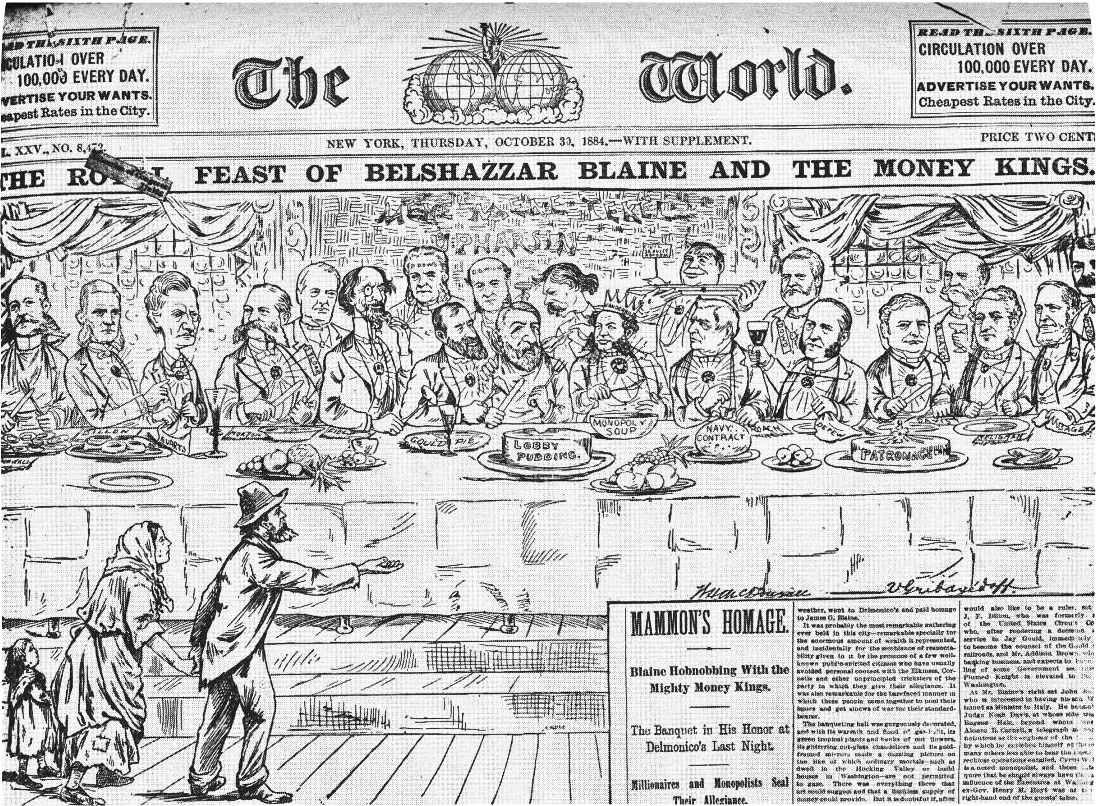
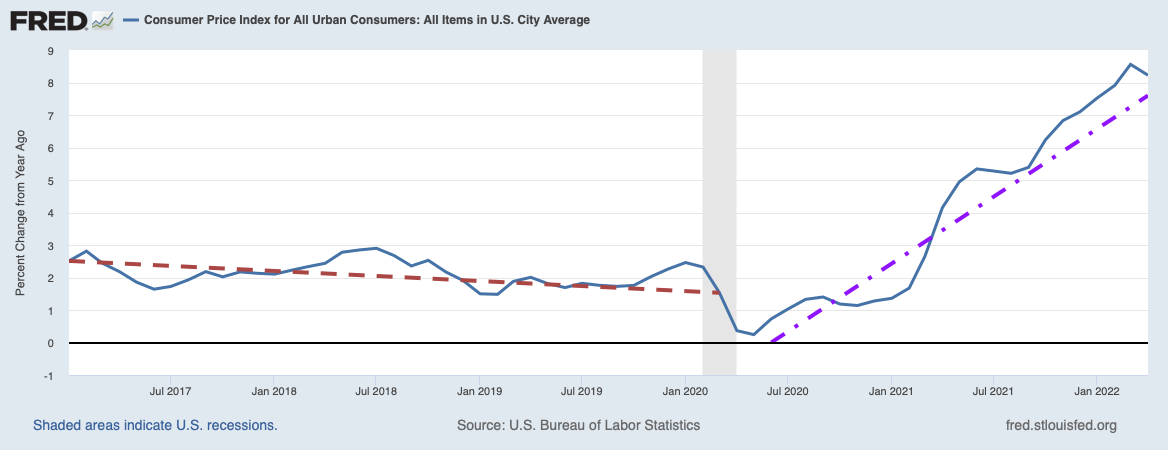

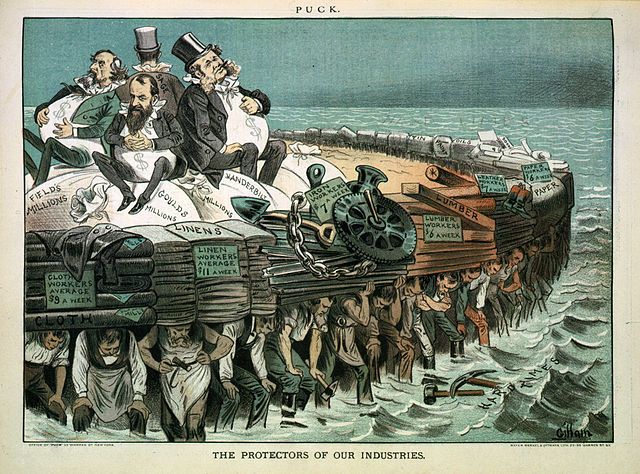
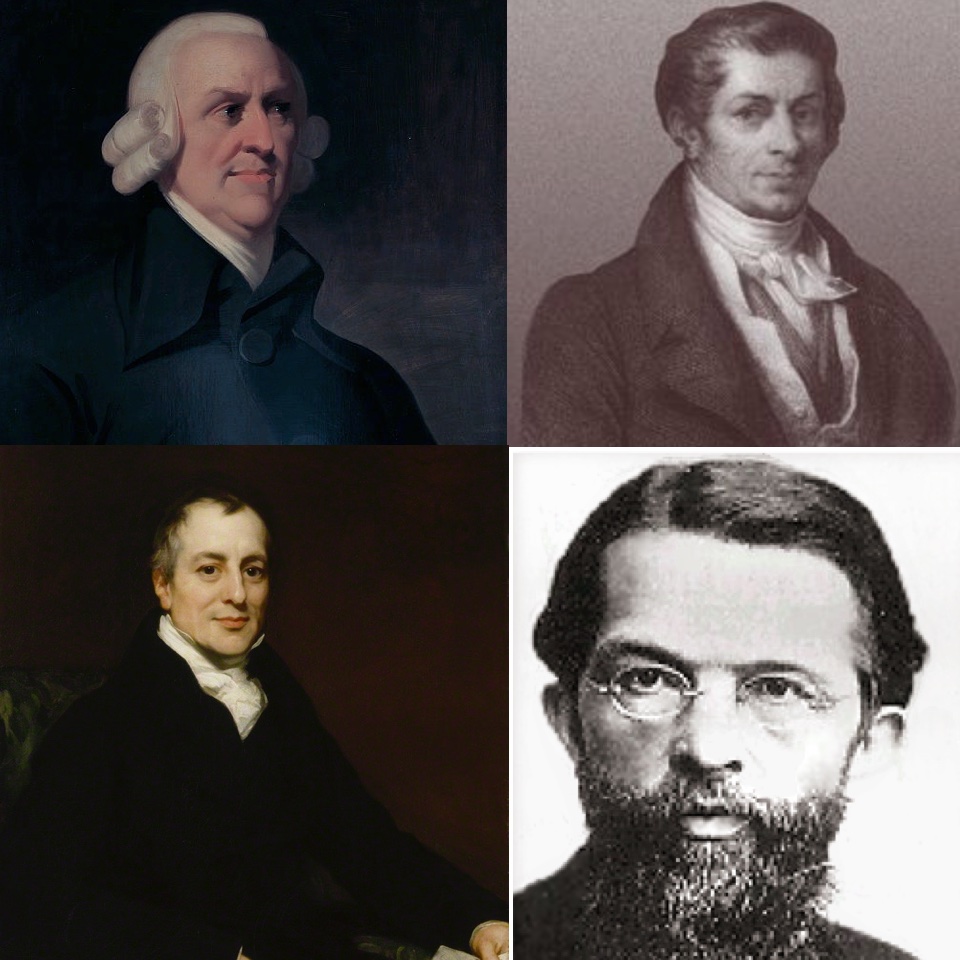
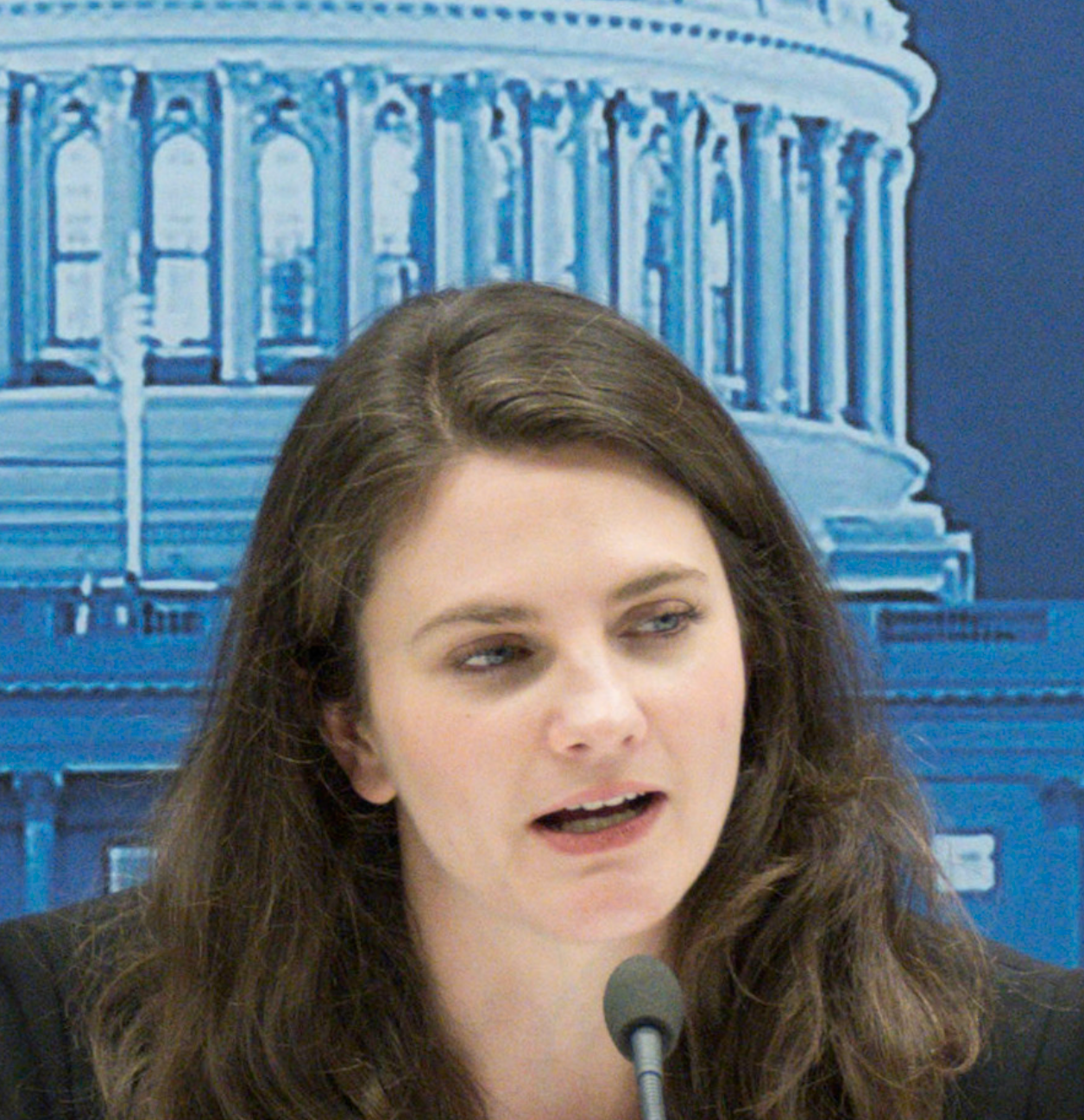
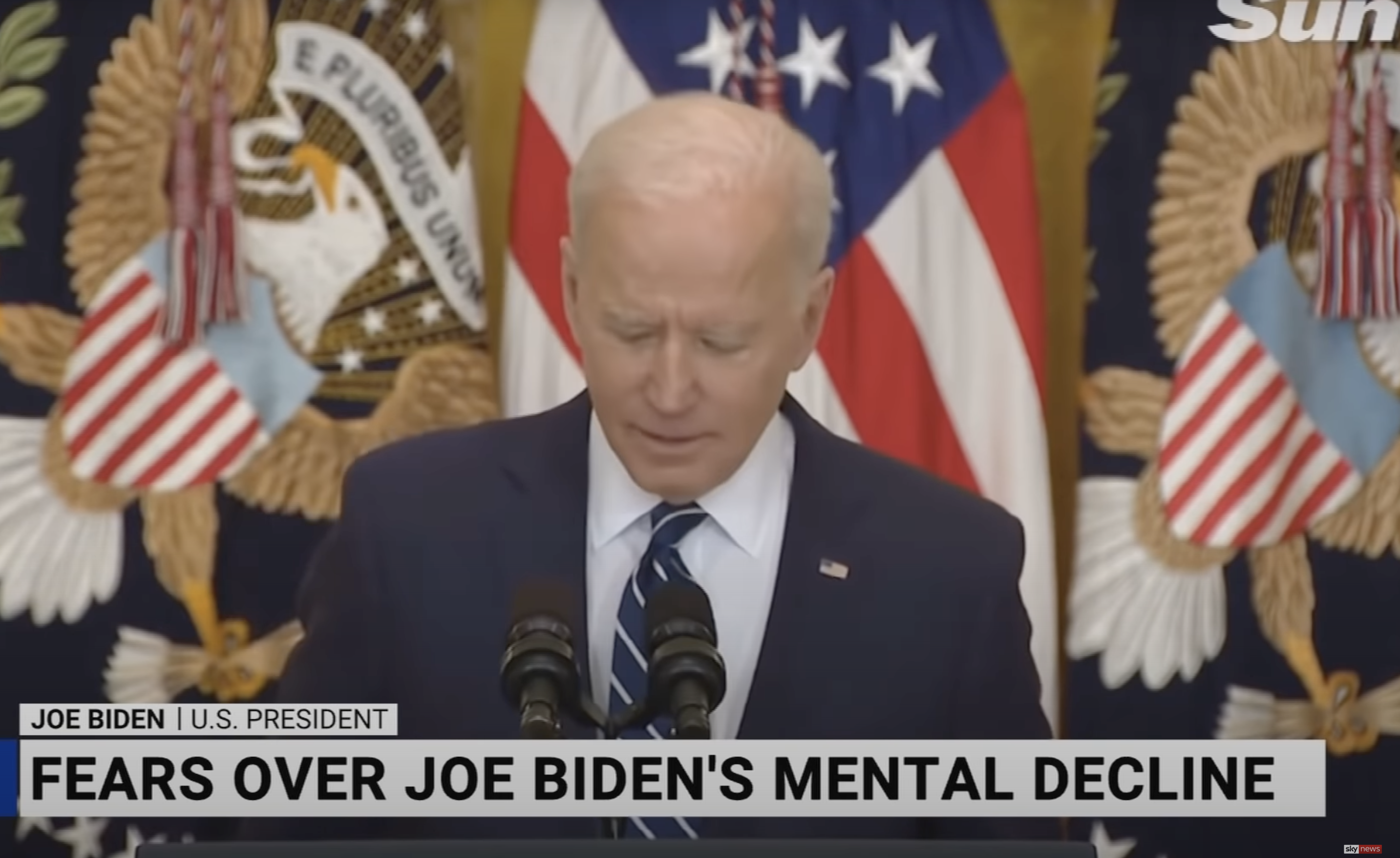
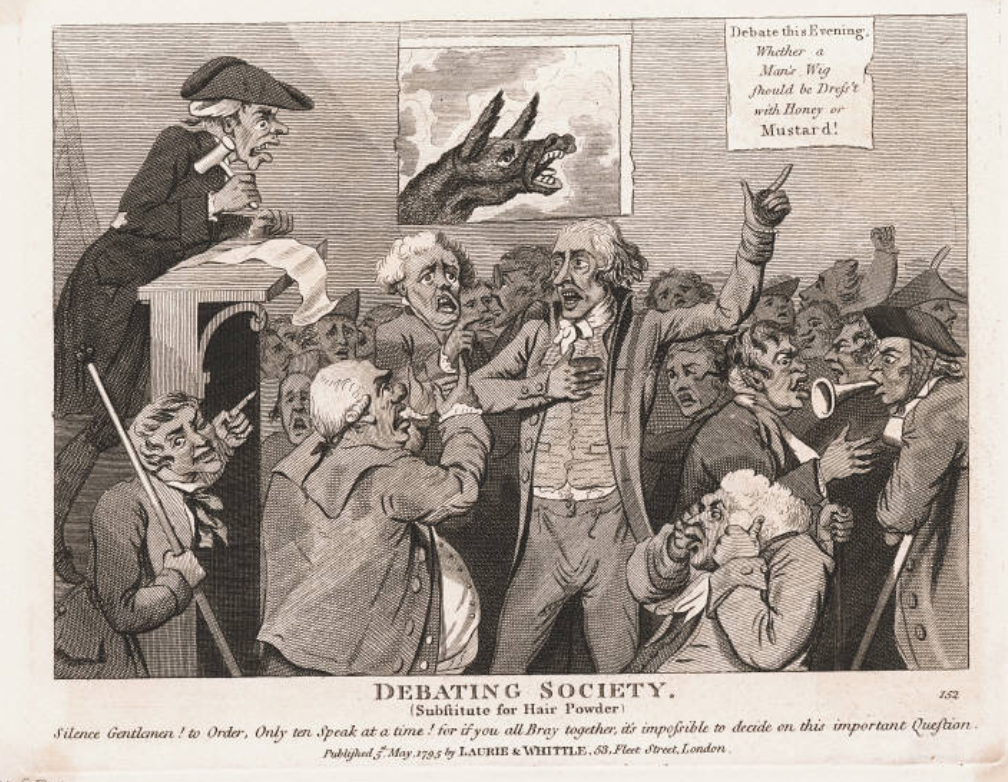
So an Economic Policy that solely favors the rich and corporations good. Anyone espousing an Economic Policy that promotes the raises the Poor up to the Middle Class and protects them for corporations while ensuring that said corporations and rich people actually pay the correct amount of taxes and permanently ends corporate personhood, which never should have existed in the first place is bad. Hmmm And you wonder how under Obama you lose over a thousand seats nationwide and why Corporatist Neoliberal Warmonger Sellout Hillary lost to that orange haired fool, after rigging the Primaries against the one person who… Read more »
I apologize for the inordinate amount of time it has taken me to reply to your comment. I have been traveling in Europe recently and have been out of touch. i reply now from Barcelona, Spain. I think you demonstrate some misunderstandings of the role of corporations and rich investors that is common to all progressives. What most progressives see in corporations is private conduits of wealth to the rich. They do not perceive they are also conduits of wealth to both the poor and the middle class. In well developed, highly capitalist countries (of which there are very, very… Read more »